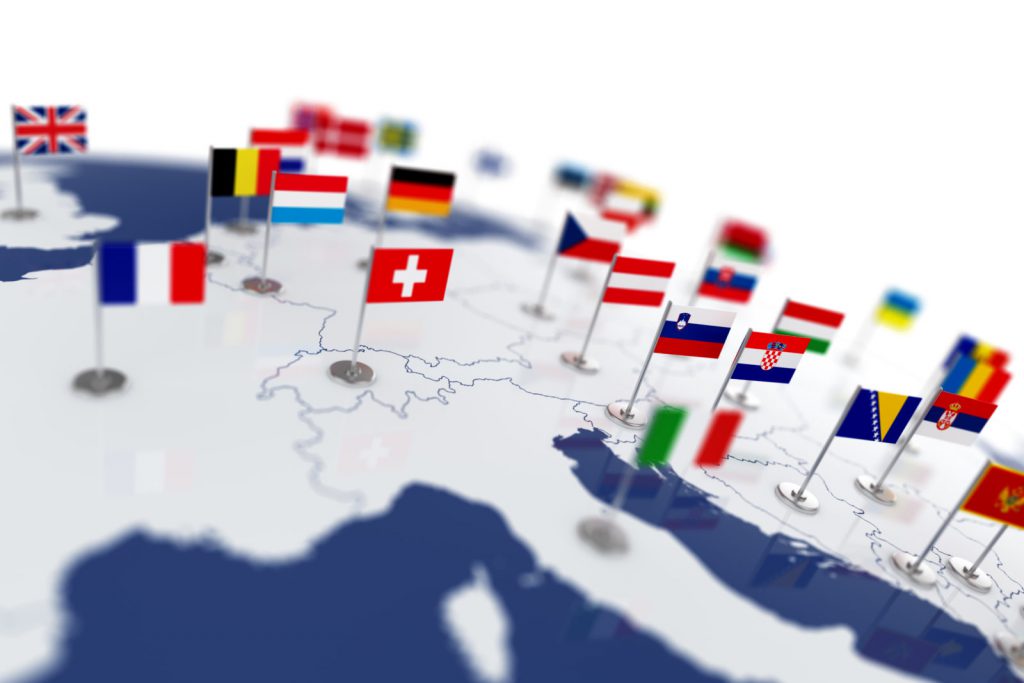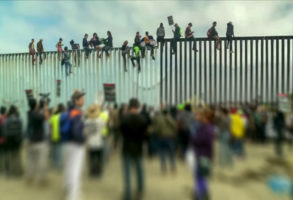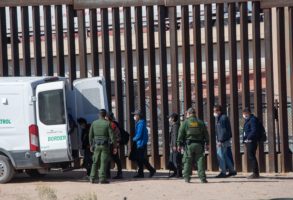
Published November 16, 2016
European civilisation has been steadily replacing religion with territory as the source of political unity. The process began in the 17th century, as the call for popular sovereignty and national unity began to be heard above the noise of religious conflict.Following the French Revolution and Napoleon’s failed attempt at a pan-European Empire, Europe emerged as a collection of nation states.
“Nationalism”, which sees national loyalty as the binding principle on which political order ultimately depends, is often blamed for the 20th-century turmoil. However, although German nationalism threatened the future of Europe, it did so in the same way and for the same reason as the internationalism of the Soviet Union – namely by creating a single-party terrorist state, devoted to goals that could be neither opposed nor amended.
Victory in the Second World War depended upon the national loyalty and patriotic feeling of the British and American people. In the world that emerged it is national identity that has offered the best guarantee of peace, as well as the only possible foundation for democratic politics. For it is only when people define their loyalty in territorial and national terms that differences of religion, class and ideology can be put aside and an elected government accepted by everyone, included the many who did not vote for it.
Those thoughts need to be borne in mind in considering the future of our country and the countries of the Western alliance. It is deeply significant that, when we refer to the future, it is our future that we have in mind, and that our future is the future of our country. For what is a country? It is first and foremost a territory, a land in which we are settled and which we claim as our own. It is a land with borders – some porous, like those that divide the various component nations of the United Kingdom, others made impermeable by law, like the natural borders of the British Isles.
Our law is a territorial law, operative within borders that define the nature and extent of its jurisdiction. This territorial law is a precious inheritance since it is the guarantee of our freedom, in the home that we share. Moreover, it is because we live under a territorial jurisdiction that democracy is possible: a democratic government is exercised over a certain territory, by the people who reside there.
The European Union has refused to recognize the importance of borders and the territory defined by them. It has established a trans-national, bureaucratic form of legal order in which laws are not changed or adopted by popular sovereignty but imposed by official decree.
It has done this out of the misguided view that borders and nations are a threat to peace. And from the same misguided conception it has insisted on the free movement of peoples around the continent – leading to two enormous demographic crises, namely the loss of young people from Eastern Europe, and the over-crowding of Britain, which is the country where the international language is spoken. The first crisis makes Eastern Europe and the Baltic states indefensible, while the second makes Britain increasingly unliveable, as housing, planning, infrastructure and social identity are all put under unmanageable strain.
What does that tell us about the way forward? The answer is simple: our political leaders must reassure the British electorate that their country is theirs, and that their government will bargain on their behalf for the international agreements that respect national sovereignty and the borders on which sovereignty depends.
Sir Roger Scruton is a senior fellow at the Ethics and Public Policy Center.




